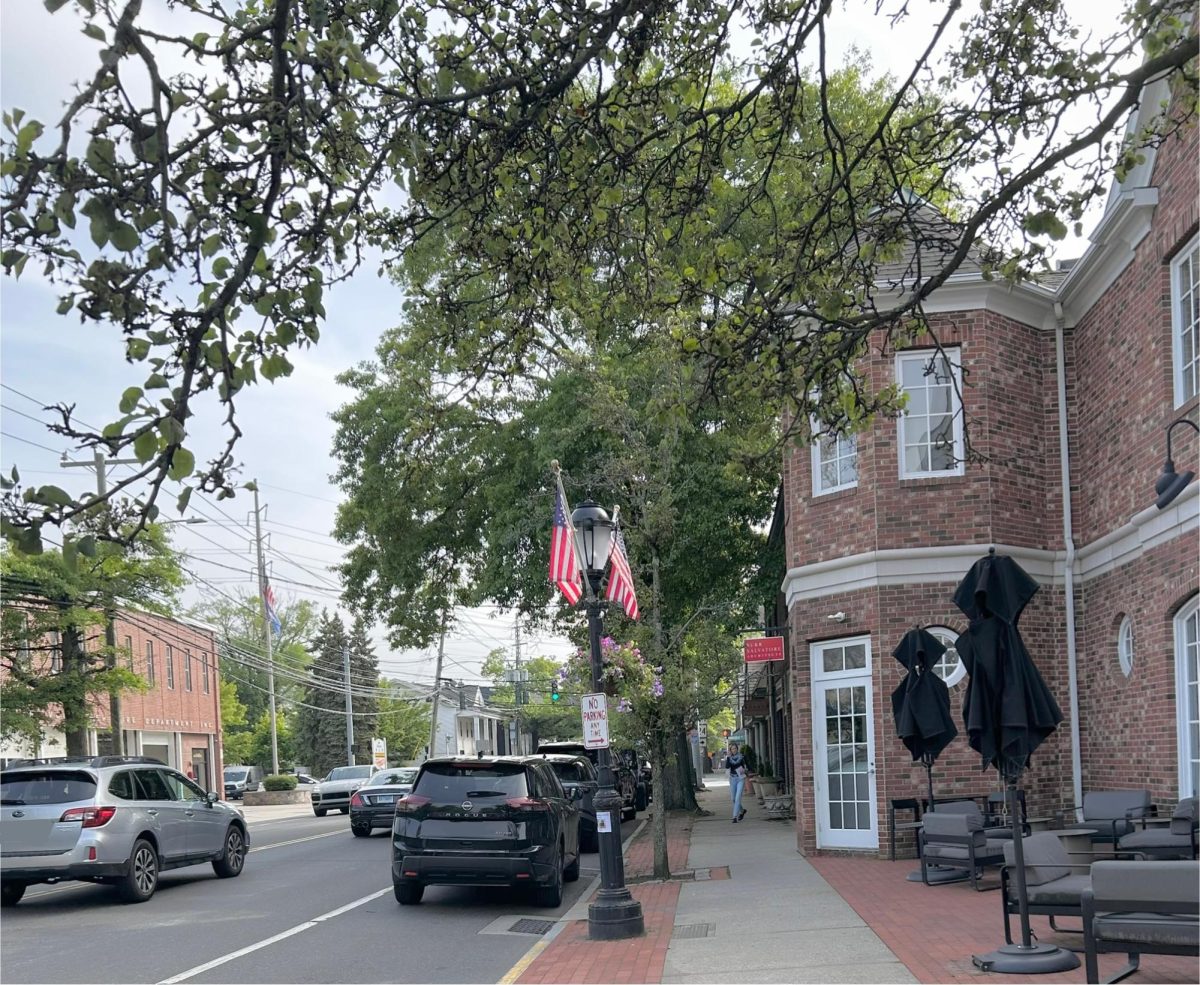A few weeks ago, many students got called in for a mandatory attendance meeting due to their absences reaching or exceeding the limit of six. However, this meeting required students who had either six excused absences or six unexcused absences. In other words, students who were actually out of class with a reasonable excuse, and students who did not attend class and did not inform anyone of their absences. Why is it that the school does not differentiate between excused and unexcused absences? Why do both types of students have to appeal to retain their credit for their classes?

According to the DHS Student Handbook, “Credit will be withheld when a student’s total absences in a semester reach the limits following: 6 absences for courses meeting 4 times in the 8-day rotation or 9 absences for courses meeting times in the 8-day rotation (Labs)”.
Many students believe that this policy allows them to skip class five times with no consequences, as they are not exceeding the limit. This is a common misconception due to a lack of communication about the actions that follow the attendance policy. I spoke with Assistant Principal Mrs. Dimoulas to figure out the true differentiation between students with excused absences and unexcused absences. Dimoulas informed me that while both types of students get called in for these meetings, it’s very different conversations that follow depending on the situation. Students who have reasonably excused absences will either not need to appeal their absences or will have a very simple appeal process. On the other hand, students who have unexcused absences will have to face a committee that decides whether they deserve course credit or not. Dimoulas said, “It is often the case that when we get to the appeal process at the end of the semester, the people that we most need to have the conversation with are the students who have a significant number of absences or that discrepancy between whats excused and what’s unexcused because the attendance appeal form itself asks students if they have attended class faithfully outside of the extenuating circumstances, and have they received a passing grade in the course”. In other words, skipping class enough times will land you in one of these meetings, with a hard process to follow as a result.

Some people, like myself, often get sick throughout the year and sometimes need a day off from school to recover. I won’t go to the doctor every time I get sick, so I will not always have a doctor’s note for my absence. Despite that, I have my mother call in and inform the school of my absence, excusing me. Even if this is considered “excused”, it adds up to the six absence limit and eventually gets me called into the attendance meeting. However, the process that follows is a much easier one due to the excused absence rather than unexcused.
Mallory Sloan, a senior in a similar position as me, was also called in for this mandatory attendance meeting. When I asked her about her opinions on the difference between excused and unexcused absences she said “You can’t help it if you’re sick. Especially students who have a difficult course load, like myself, and because of that hard course load, we don’t get much sleep and are more prone to sickness”. Despite her six absences, Sloan does well in all her classes and is not falling behind. I asked Sloan if she found the attendance meeting useful for helping with absences in the future, and she said “The meeting was not necessarily useful for the future, but I was told how I could appeal my absences, which was helpful. However, I do feel more pressure to avoid absences because I don’t want to go to another meeting like that”. It is true that having to go to this meeting at all, is not a positive experience for students. It’s always a little scary to get called into the assistant principal’s office, even if it is only to talk about attendance.
This issue of attendance brings up a hot topic. Are students skipping classes more often in the past few years? What is to account for this increased enforcement of attendance meetings and policy? According to a summer data analysis of attendance at DHS, when students are marked absent-excused, it’s usually for the whole day. On the other hand, when students are marked absent-unexcused it is normally just one class, a pretty good hint that they are skipping. I asked Senior Alexa Zaino what she thought attributed to this increase in skipping classes: “I think a lot of it has to do with students needing a break. A lot has happened in the past years, and sometimes skipping a class allows you to take a moment to yourself during the school day”. This is a pretty common point of view on this rise in absences. It is important to remember that students at DHS have been through a lot in these past few years, and these absences are supposed to allow for a little wiggle room in the case of mental health. While skipping class continuously is not the answer, it is important to take a break when you need it.







